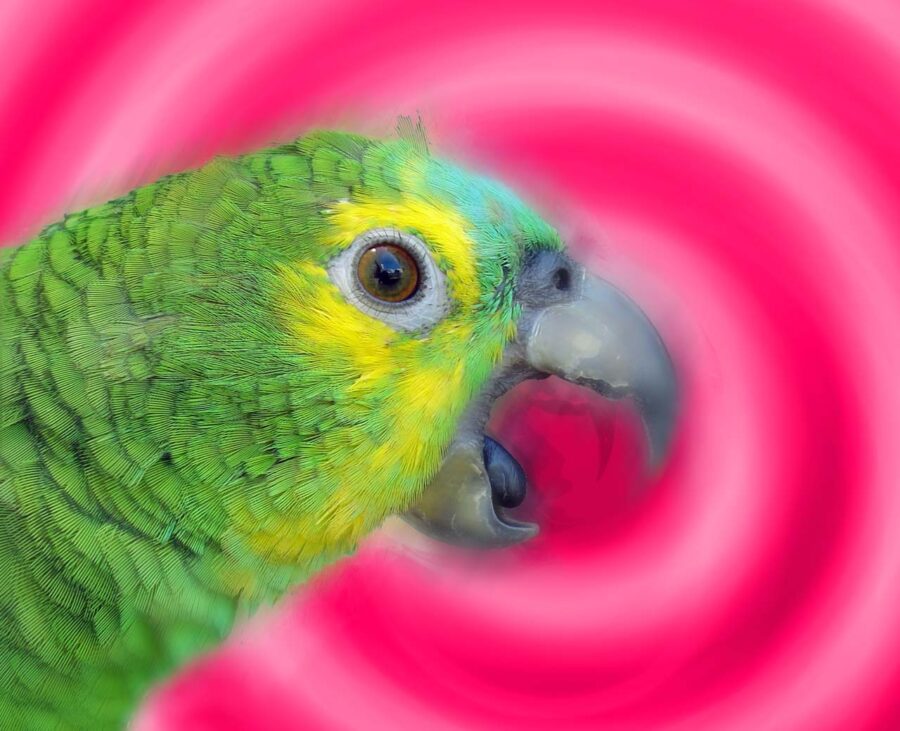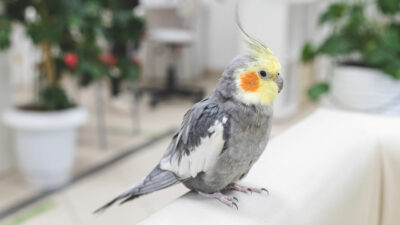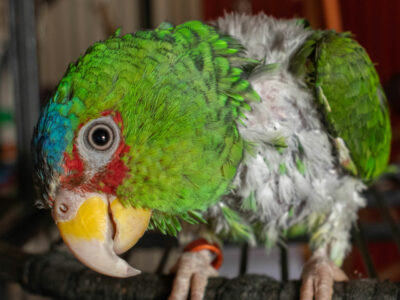
Why Is My Bird Screaming? Understanding and Managing Excessive Vocalization
Birds are naturally vocal creatures. From melodic songs to chirps, squawks, and screeches, vocalization is how they communicate with one another—and with us. However, if your bird’s vocalizations seem excessive or are beginning to cause stress for you or your household, you might be wondering: “Why is my bird screaming, and how can I get them to stop?”
Before jumping to conclusions, it’s important to understand that some amount of noise is completely normal. But when screaming becomes frequent, intense, or disruptive, it may be a sign that something needs attention. Here’s what you need to know about why birds scream and how to manage this behavior responsibly and compassionately.
Common Reasons Why Birds Scream
As with many other behaviors you may observe in your pet, birds scream as a way to communicate. Understanding the why behind the noise is the first step toward resolving it. Here are some common reasons why birds might scream:
Seeking Attention
Parrots and other pet birds are highly social. If they feel ignored or left out, they may scream to get your attention—especially if they’ve learned that it works. Even yelling “Quiet!” or rushing over to them reinforces the behavior.
Boredom or Lack of Enrichment
Birds are intelligent and active animals. Without adequate toys, foraging opportunities, or interaction, they may scream out of frustration or restlessness.
Loneliness or Separation Anxiety
Many birds form strong bonds with their human companions. If left alone for long periods, they may scream due to stress or anxiety.
Environmental Triggers
Changes in lighting, unfamiliar people or pets, loud noises, or new surroundings can be stressful for birds and may trigger loud vocalizations.
Hunger or Discomfort
Your bird may be trying to alert you to an unmet need, such as empty food bowls, a soiled cage, illness, or discomfort.
Hormonal Behavior
During breeding season, hormonal shifts can cause some birds to become louder or more aggressive. This is typically temporary but can be intense.
Normal Morning/Evening Vocalization
Some birds are naturally louder at dawn and dusk—it’s part of their instinctual behavior. This is normal and not typically a cause for concern unless it becomes extreme.
How to Manage and Reduce Excessive Screaming
While some vocalizing is inevitable, there are ways to manage and reduce problematic screaming over time. For example:
Don’t Reinforce the Behavior
Avoid reacting in a way that rewards the screaming. Don’t yell or rush over to your bird. Instead, wait for a quiet moment before giving them attention, so your bird learns that calm behavior is what gets a response.
Establish a Routine
Birds feel secure with structure. A consistent schedule for meals, playtime, and bedtime can help reduce anxiety-driven vocalization.
Provide Enrichment
Rotate your bird’s toys regularly, offer foraging opportunities, and create a stimulating environment. Items such as puzzle toys, shreddable items, and safe branches can go a long way.
Increase Social Interaction
Spend quality time with your bird each day. Even just sitting near the cage and talking softly can help them feel connected and secure.
Teach a “Quiet” Cue
Positive reinforcement training can help birds learn to respond to a cue for quiet. Use treats and praise to reward brief moments of silence, gradually building up the duration.
Limit Triggers
Identify and minimize environmental stressors like loud music, drafty windows, or high-traffic areas. If your bird screams when you leave the room, try leaving a radio on or offering a “comfort toy” for reassurance.
When to Seek Help
If your bird’s screaming is sudden, persistent, or seems accompanied by other changes (like lethargy, feather plucking, or appetite loss), be sure to schedule a check-up with an avian veterinarian. Medical issues such as pain, infections, or nutritional deficiencies can sometimes be the root cause. You may also want to consult a certified avian behaviorist if the problem continues despite your efforts.
While screaming can be frustrating, it’s often your bird’s way of expressing a need, feeling, or reaction to their environment. By approaching excessive vocalization with patience, curiosity, and compassion, you’ll be better equipped to meet your bird’s needs—and build a stronger, quieter bond in the process.
Seeking expert help for your feathered friend? Find an avian vet or behaviorist in your area!





